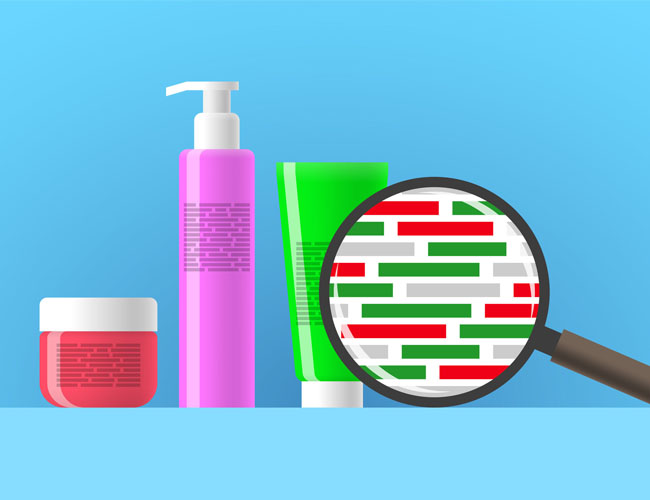Demystifying Parabens
Are parabens as bad for you as you think?
Parabens tend to be thought of one of the top ingredients to avoid when switching to a clean beauty routine. However, specialist dermatologist Dr Tarryn Jacobs believes that parabens are often misunderstood
What are parabens?
Parabens are preservatives used to prevent the growth of bacteria and mould. The four most common parabens used in personal care products are methylparaben, ethylparaben, propylparaben, and butylparaben.
Parabens have been linked to hormone and endocrine disruption and have even been tipped to potentially cause cancer. However, Dr Jacobs feels that parabens deserve a better reputation.
“They are common ingredients in food and pharmaceuticals, as well as in numerous skin, hair, and body care products,” she says. “Parabens are also found naturally in certain fruits. They are among the most widely used preservatives in cosmetics and have been used for decades.”
As water is included in the majority of these products, preservatives are needed to prevent the growth of microorganisms as well as decomposition of the product.
“This means that without preservatives, our personal care products would have little to no shelf life and become quickly invaded by numerous bacteria, fungi and moulds, which could lead to infections,” she explains.
Are parabens harmful?
The potentially adverse effects of parabens have garnered a lot of attention over the years, with many centred around cancer and endocrine problems.
Dr Jacobs explains says that a study conducted in 2004 reported that paraben-like substances were discovered in breast tissue. However, it would seem that this claim is not entirely warranted.
“This has largely been disputed and many studies have since shown no established link between the use of skin care formulations containing parabens, cancer risk and estrogenic activity. There is no data to support discouraging patients from using parabens-containing products, which are often safer than other preservative alternatives,” she says.
Are there safe alternatives to parabens?
While many alternatives have higher contact sensitisation rates, parabens were named Non-allergen of the Year in 2019 by the American Contact Dermatitis Society.
“The natural or ‘clean beauty’ skincare movement has been seen to forgo well-known preservatives like parabens and other safer preservatives for potentially more allergenic preservatives, such as methylisothiazolinone,” says Jacobs.
“While I do agree that long chemical names on a product can be confusing, we need to remember that there are no ‘chemical-free’ products in the traditional sense of the word. Fundamentally, everything is a chemical, even water,” she explains.
Dr Jacobs suggests that when switching up your beauty regimem it is best to be mindful of sensitisation.
“This means that if you are allergic to any skincare ingredient, then avoid it as one would do with any allergy,” she says.
IMAGE CREDIT: 123rf.com



